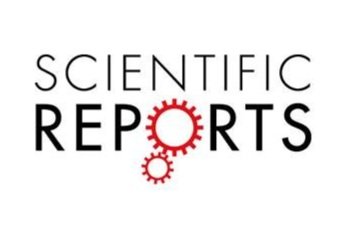Exploring the interplay between our social and cellular worlds to improve the quality and quantity of human lifespan
We study how social disadvantage erodes health at a molecular level and speeds up the aging process.
Approximately one in nine Americans live in poverty. Globally, almost half of the world’s population lives on less than $7 per day and about 8 percent lives in extreme poverty, subsisting on less than $2 per day. Our mission is to produce rigorous, policy-focused, empirical work that examines how adverse economic conditions and inequality affect population health and aging.
Latest News
Aging is a biological reflection of all that you have endured.
We explore aging as a culmination of all biological and social processes across your entire life course. We study the long-term effects of exposures to economic hardships and social disadvantage, from the prenatal period and beyond.
Our work has been featured in
why this work matters
Income and wealth inequality are one of the defining policy challenges of this century.
We seek to understand how large wealth and income gaps impact population health in both high income and low income countries. Particularly at older ages, poor health constrains earning power, exacerbates economic fragility, and drains personal and public resources. Understanding how biological factors and socioeconomic circumstances interact and shape health across the lifecourse is crucial if we want to design a sustainable policy ecosystem that supports healthy aging.

















